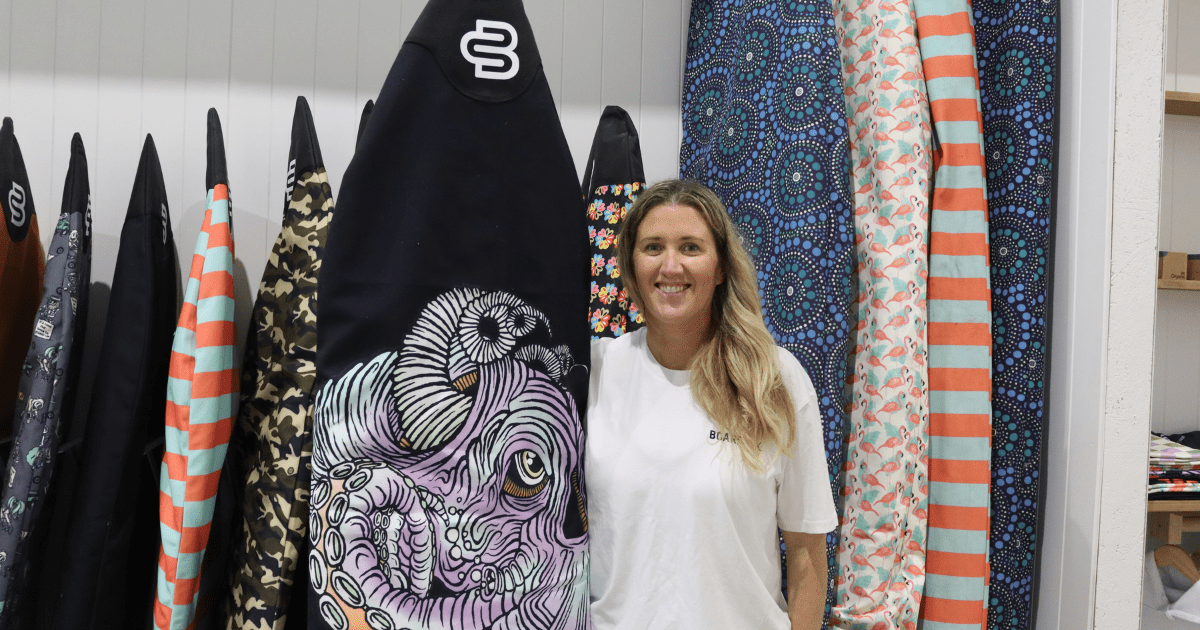It’s time to tax sugary drinks, Grattan Institute says
Australia should introduce a sugary drinks tax to reduce obesity and diabetes, according to a new Grattan Institute report.
“Sickly sweet: It’s time for a sugary drinks tax”, released earlier this week, shows obesity has tripled in Australia since 1980 and diabetes has nearly tripled since 2000.
Diabetes contributes to one in 10 Australian deaths, leaves thousands with sickness and disability, and costs government budgets billions of dollars a year.
One of the main reasons Australia has such high rates of obesity and type 2 diabetes is that Australians consume far too much sugar.
Sugary drinks are the biggest single source of sugar in Australian diets, and they increase the risk of becoming obese and developing type 2 diabetes.
Popular drinks such as Solo and Coke have as much as 10 teaspoons of sugar in one 375ml can – almost the entire maximum recommended daily intake of sugar for an adult.
There are sugary drink taxes in more than 100 countries, including the UK, France, Portugal, and Mexico.
The Grattan Institute argues such taxes work, as they slash sales and get manufacturers to put less sugar in their drinks.
In the UK, one in three products had more than 8g of sugar per 100ml before a sugary drinks tax was announced. Four years later, only one in 12 had that much sugar.
Sugary drink taxes will take time to make people healthier, the institute argues, but studies have found reduced obesity among girls, less dental decay, and fewer children having to go to hospital to get teeth removed.
The report calls for Australia to introduce a tiered tax on the drinks that have the most sugar, with a top rate of 60c per litre, and no tax on low-sugar drinks.
The Grattan Institute’s modelling shows its proposed tax would reduce consumption of the drinks with the most sugar by about 275 million litres a year.
The average Australian would drink nearly three quarters of a kilogram less sugar each year.
The tax would also give the federal government an extra half a billion dollars in the first year.
Manufacturers could avoid the tax by cutting the amount of sugar they put in their drinks, and consumers could avoid the tax by switching to low- or no-sugar drinks.
“Australia needs many policies to improve our diets and our health,” report lead author and Grattan Institute health program director Peter Breadon said.
“But a tax on sugary drinks is the cheapest and easiest to implement.
“The government should get on with it, as part of a multi-pronged assault on the twin scourges of obesity and diabetes.”
The Australian Medical Association (AMA) welcomed the Grattan Institute’s report.
“Sugary drinks make us sick, and we know this is a huge health problem for Australia,” AMA president Professor Steve Robson said.
“Sugar hides in a lot of drinks and we don’t realise the huge quantities we are actually consuming ― it’s not always immediately apparent.”


















